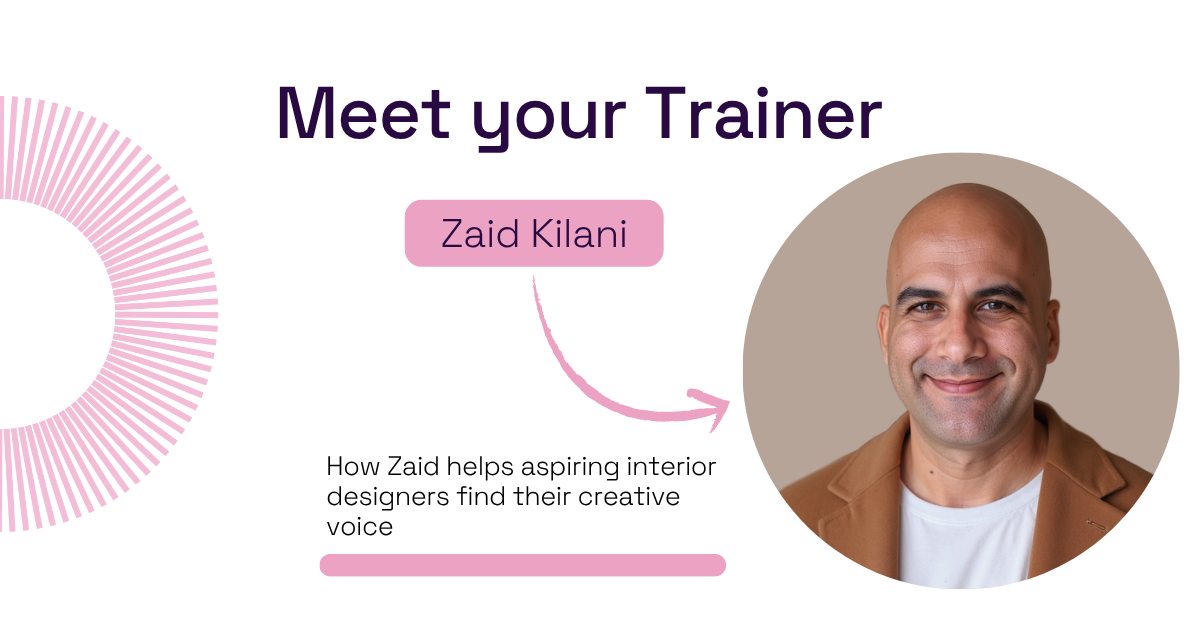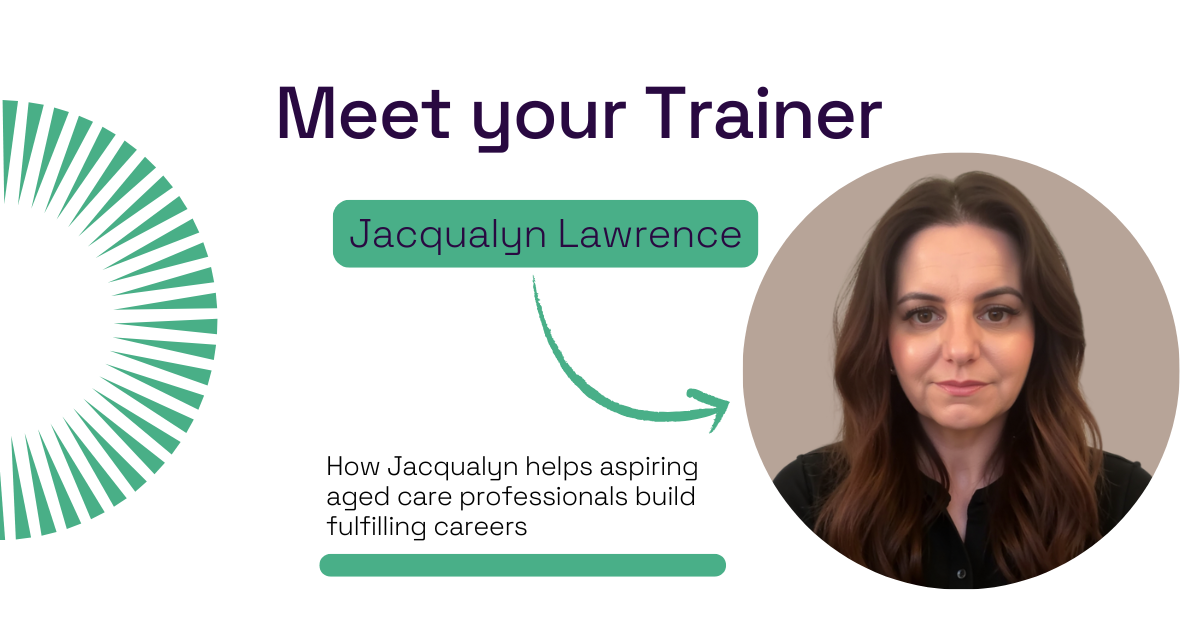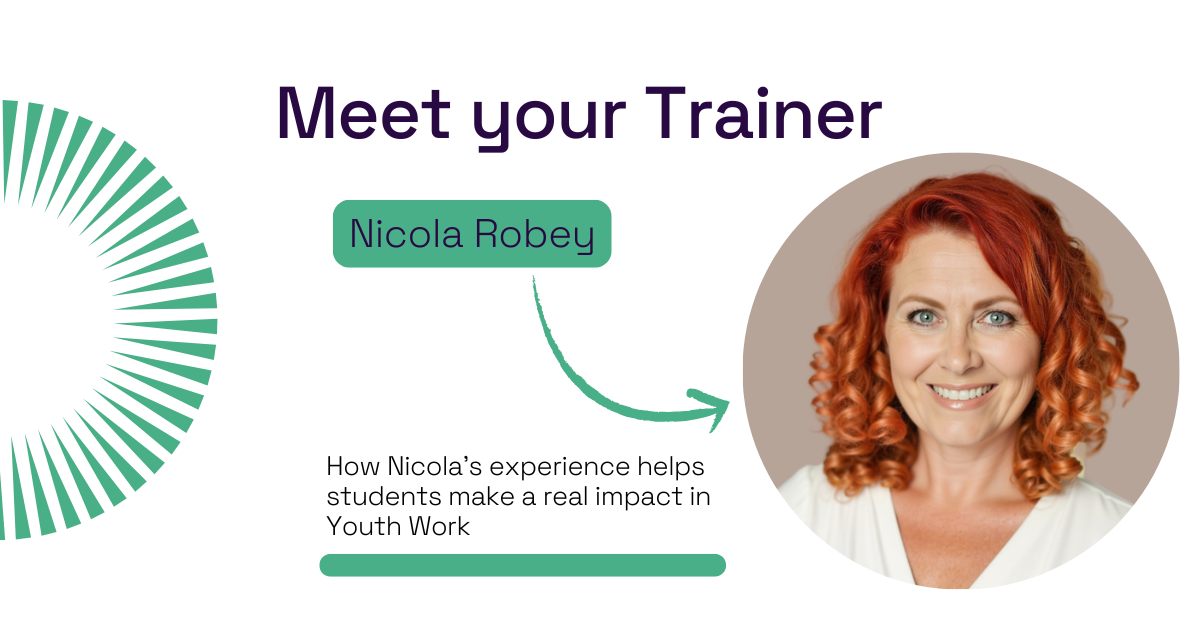Explore our collection of informative and educational blog posts to stay updated on the latest industry trends and expert advice.
5 Reasons why you need to pursue a career in Finance

**This is an updated post**
Over the past five years, Australia’s finance industry has undergone dramatic changes which have presented unique opportunities for those seeking a career in finance.
The dependence on and adaptability of the country’s finance industry means it’s the ideal time to pursue a position within this lucrative field. But what specific benefits can financial professionals expect?
Here are five reasons to enter a career in finance today.
1. A career in finance is dynamic

As mentioned above, the onset of the digital era has changed – and continues to change the landscape of the finance industry.
The rapid speed of technological advances across all platforms in addition to the shifting client expectations will have dramatic implications for the ways in which financial services are structured, delivered and consumed.
It is the perfect time to become part of a shifting industry and join the exciting (and ever-stimulating!) financial revolution.
2. A career in finance will challenge you
Though Australia has a relatively strong economy and is a prime location to the world’s fastest-growing regions, the financial services industry also faces its fair share of challenges.
The recent COVID-19 pandemic is a prime example of this. The crisis has shaken up the country in ways that no-one could have predicted.
As Australia seeks to rebuild its economy, Finance Professionals will need to tackle issues such as re-engaging customers and seeking out new opportunities for growth in Australia and globally.
A career in finance will help refine your strengths, increase your adaptability, bolster your work ethic and ensure you’re constantly stimulated. You’ll grow as a person and a professional, reaping the benefits immediately and throughout your future career path.
3. A career in finance will improve your interpersonal skills

At its core, the finance industry relies on customer satisfaction. This new technological phase has changed the customer service model across the board, and financial professionals must rise to meet client expectations now more than ever.
Interpersonal skills are essential in the finance field, and play a critical role in day-to-day life, whether or not your position is directly customer-facing.
Employees who interact with clients at any level should prioritise creating positive experiences, while even those in the background will need to rely on efficient interactions between colleagues to excel.
4. A career in finance brings opportunities for career growth
In a sense, the finance industry makes the world go round. Austrade reports that we are now in a period of?vital innovation?which means roles are consistently developing, therefore creating more opportunities to find a position that best uses your strengths and interests.?
Skilled financial employees are essential during this time, so those seeking a job in the sector will be valued more than ever. If you’re searching for a fruitful career with plenty of job options, look no further than finance.
5. A career in finance can take you anywhere

The need for financial professionals is worldwide. Though there are plenty of roles within Australia, there are also a plethora of overseas positions for those seeking an even broader experience.
Whether you’re in the mood for a new adventure, want to amplify your CV or your career needs a change of pace, working overseas could be the ideal option for you –and your career in finance can easily take you there.
If you’re interested in finance jobs, get the industry-specific skills you need to launch your career with one of Open Colleges nationally recognised, accounting and finance courses.
If you’re looking for more career advice specific to the finance industry, read more expertise from leading accounting recruiters here.








